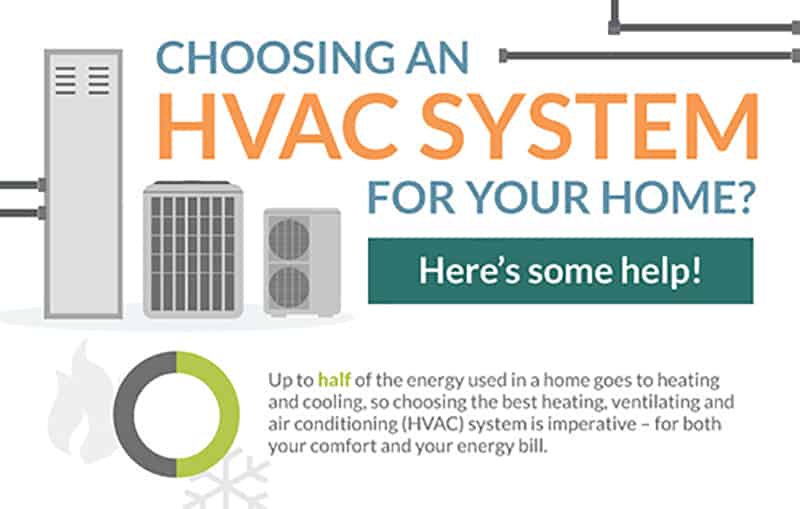Heat Pump Vs Heater - Which Is The Better Heating Option For Your Home?
Heat Pump Vs Heater - Which Is The Better Heating Option For Your Home?
Blog Article
Team Writer-Pearson Sims
Lots of homeowners know with heating systems, which warmth homes with oil or natural gas and push hot air through ductwork. They are relatively affordable and can offer dependable home heating even during a winter power outage.
Nevertheless, they utilize fossil fuels and generate carbon monoxide and various other air contamination. They also aren't as energy-efficient as a high-efficiency heat pump.
Price
Generally, heatpump are a lot more inexpensive to operate than heaters. They generally make use of electrical power and refrigerant to essence warmth from outdoor air, and then move it right into your home. You can benefit from cheaper electrical energy prices throughout off-peak hours to additionally decrease your heating expenses.
Unlike heat pumps, gas or wood-burning heating systems make use of combustion to generate warm, emitting flue gases into the atmosphere that can be hazardous to your health and wellness. These heating systems are also less energy-efficient than heatpump, and their greater operating costs can add up gradually.
Heaters are extra complex than heatpump and require normal maintenance to make certain the appropriate function of all parts. Regardless of this, they have a tendency to last longer than heatpump with a common lifespan of 20 years or more. However, you'll require to factor in the price of gas, fuel oil or wood and the additional tools needed for setup and procedure such as air ducts and ventilation systems.
Energy Performance
Heat pumps have a higher energy efficiency rating than heating systems. These systems utilize electrical energy to feed on warmth from the air, even in freezing temperatures. https://www.wgem.com/2022/06/13/ac-repair-bills-rise-with-price-gas/ can likewise remove excess warm from the home during warmer months and reuse it to cool down the system. copyright professionals can assist you identify the very best version for your home on environment and resource power costs.
Heating systems burn gas oil, propane, natural gas or other sorts of nonrenewable fuel source to warm the air in the home. This air is after that dispersed via ductwork using a large fan. Furnaces create greenhouse gases and call for normal upkeep and devices upgrades to make sure secure procedure.
The largest benefit of a heater is that it can be run even in extreme wintertime problems due to the fact that it does not count on outside temperatures to heat the air. Furnaces also have a longer lifespan than heat pumps and normally last 15 years. They can also be coupled with double fuel alternatives, which select the most efficient heating choice based on the climate.
Environment
Heat pumps work well in moderate environments and make use of much less source power than furnaces. Nonetheless, if your region is extremely cold, you may need to invest in a basic gas furnace instead.
Heaters provide warm, comfortable heat and commonly supply fast heating to raise indoor temperatures. These systems can be made use of with a variety of fuel kinds, including gas, lp, oil or electricity.
They take in a lot more power than heat pumps-- up to 3x as much-- and need ductwork that's costly to install or retrofit. They're also extra costly to maintain, as they can trigger air quality problems and generate greenhouse gas exhausts.
If you're dedicated to minimizing your carbon footprint, a heat pump is an excellent choice for your home. They have fewer greenhouse gas emissions than heating systems, particularly if you choose a power STAR ® heat pump. Your neighborhood copyright professional can describe the differences between these two furnace and aid you make the best choice for your unique demands.
Personal Preferences
Heating systems can be really power efficient when powered by natural gas, propane or oil, yet they aren't as power efficient as heatpump in freezing environments. https://conandaily.com/2022/07/02/how-to-take-proper-care-of-your-air-conditioning-system/ can likewise be extra expensive to set up, needing gas lines and air flow systems.
Nevertheless, heating systems often tend to call for much less upkeep, which can cause reduced continuous expenses. They generate less greenhouse gases and are a lot more reliable than heatpump throughout severe weather.
Electric heatpump are much more functional in producing interior convenience because they can additionally serve as a/c unit during warmer months. They can be easier to preserve, needing only normal air filter changes and periodic vacuuming.
If you favor the convenience of a single system that does it all, think about a crossbreed home heating option that pairs a furnace with an electrical heat pump. These systems can immediately switch between both heating choices based upon your home's requirements and temperature level problems, maximizing efficiency and financial savings.